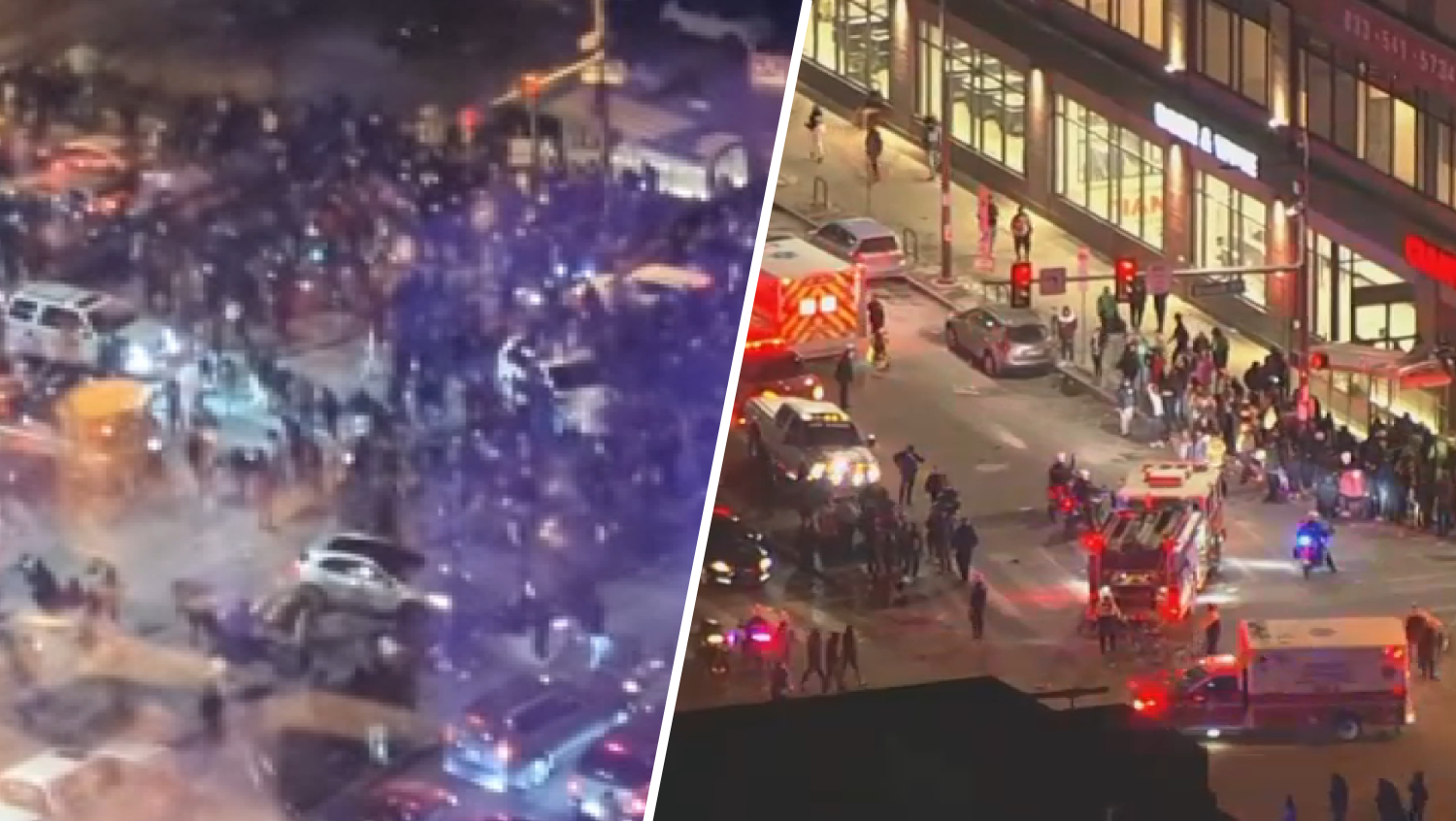When his water runs out, Jimmy Withers makes the long trek to the grocery store for more. Running water? He hasn’t been able to get that turned back on by the City of Philadelphia — for 7 years. NBC10 Investigator George Spencer looks at how that’s allowed to happen.
The Philadelphia Water Department is requesting a rate hike of nearly 12 percent — or about $8 on the average bill.
But the request comes as the NBC10 Investigators have found evidence that many customers are already having trouble paying their current water bills. For some of the most delinquent accounts, water service is shut-off altogether.
One such customer is Jimmy Withers of West Philadelphia. His home has been without running water for almost seven years, after he fell behind on his utility bills. Although he restored other utility services, he’s never been able to restore his water service because his home’s title is in the name of a deceased friend.
To drink and bathe, he buys big jugs of bottled water — at many times the cost of tap water.
He says it feels like living in “the Third World.”
RATE HIKE REQUEST
The cost of water service may soon go higher. The Water Department says it needs the rate increase because of declining water use and increasing costs, related to aging infrastructure and increased regulation.
Local
Breaking news and the stories that matter to your neighborhood.
The department has been holding public hearings about its request.
DELINQUENT ACCOUNTS
The NBC10 Investigators confirmed that many customers can’t pay their current bills. Four out of every 10 water department accounts are already delinquent. That’s more than 227,000 customers.
Law students and faculty working at Drexel University’s Community Lawyering Clinic worry that too many of those delinquent accounts become long-term “shut-offs,” like Withers.
“It’s astonishing that we live in Philadelphia, one of the major cities in the wealthiest country, the United States of America, and there’s a sizable number of people who don’t have running water in their homes,” said Rachel Lopez, a Drexel University Assistant Professor of Law and leader of the Community Lawyering Clinic.
WATER AFFORDABILITY PROGRAMS
Lopez’s team believes that cumbersome documentation requirements for one of the main water affordability programs are part of the problem.
The Water Revenue Assistance Program — or WRAP — can require applicants to show evidence of all household expenses. The program is specifically aimed at delinquent customers, who make no more than 2.5 times the poverty level.
But the city gave the NBC10 Investigators numbers showing that WRAP was helping fewer than 7,000 people, as of February.
Sam Scavuzzo, a law student at Drexel’s Community Lawyering Clinic, believes the program should be assistant many more people.
“They think that these are deadbeats — and what they are is people who just want to pay to get access to their water. And for some reason, bureaucratically, the Water Department hasn’t moved on that position,” said Scavuzzo.
WRAP OVERHAUL
The NBC10 Investigators took those concerns to Philadelphia’s Revenue Department — which runs the water affordability programs but is separate from the Water Department itself, which requested the rate hike.
Asked whether WRAP is helping enough people, Deputy Revenue Commissioner Michelle Bethel said there's "always a need to further reach out to people."
Bethel admits WRAP’s enrollment process has confused some customers and needs revision. She and her team are now overhauling WRAP. But the specific changes, and exactly how they’ll impact customers, is still not clear.
So what are those change going to look like?
“Well, that hasn’t been determined just yet. That is still being worked on,” replied Bethel.
One decision has been made: WRAP income requirements won’t change. So, WRAP applications may be streamlined, but about the same number of people will likely be eligible.
And even if all goes according to plan, the city says those revisions to WRAP wouldn’t be complete for about two years, until sometime in 2018. That is a year after the second phase of the water rate hike would take effect, if it is approved this summer.



